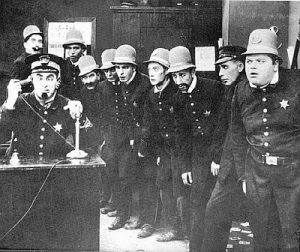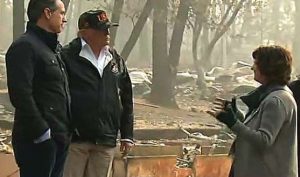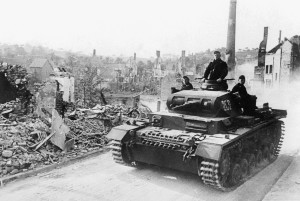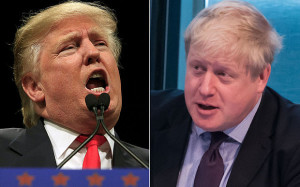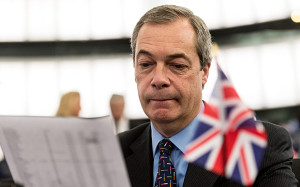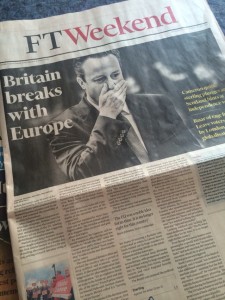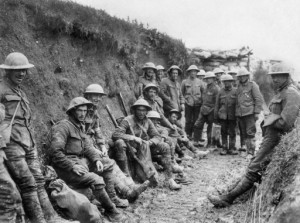In spare, yet elegant language Winston Churchill, determined to tell his story of the second Great War in his lifetime, wrote about this week 80 years ago.
“Poland was attacked by Germany at dawn on September 1. The mobilization of all our forces was ordered during the morning. The Prime Minister asked me to visit him in the afternoon at Downing Street,” Churchill wrote in the first volume of his literary and historical masterpiece about the Second World War.
Students of history – most of us, of course, weren’t around for the world changing events of the first week of September 1939 – will know what followed. Churchill returned to the British Admiralty as First Lord, a position he vacated in disgrace in in 1915, and eventually, in 1940, became prime minister. Churchill only got the top job, a position he had coveted since his youth, because of failure.
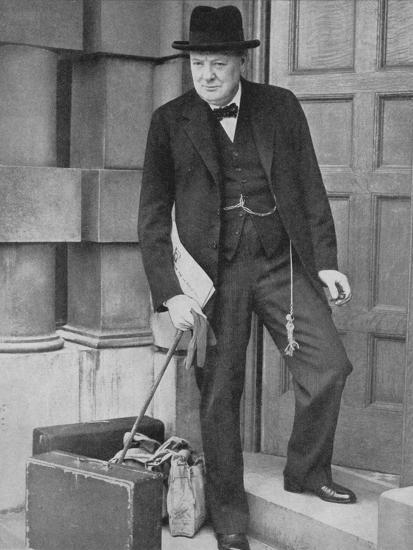
A botched military expedition landed British troops on the Norwegian coast in the spring of 1940 led to history shaping decisions. Churchill supported the Norway landings, but the ill-planned and poorly equipped troops had to be withdrawn and the Royal Navy lost several ships, including an aircraft carrier. The subsequent debate – “the most momentous that has ever taken place in Parliament” in the words of one participant – was so bitter, so ugly that it soon became clear that Neville Chamberlain, the Conservative prime minister would have to resign.
Churchill became prime minister, at least in part – he did not detail this in his own writings – because he skillfully maneuvered for the job, sidelining the sitting foreign secretary the First Earl of Halifax, a calm, quiet, pious man known as “the Holy Fox.” Halifax was also “an appeaser,” one of many British politicians who had sought up until the moment Hitler’s panzers rolled across the Poland frontier to find a way – almost any way – to avoid war. Halifax was also a member of the House of Lords, a political detail that technically prevented from speaking in the Commons, a difficult problem for a politician attempting to rally the country to war.
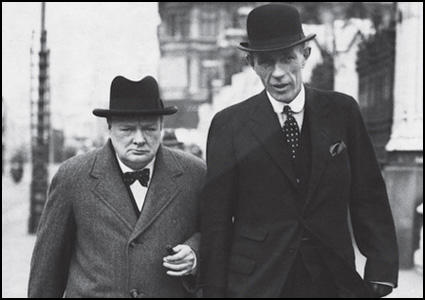
Churchill used all his leverage and a lifetime of experience in politics – he was 64 at the time – to make it obvious to everyone in public life in Britain that the King had to summon him to form a government. As he later wrote of his first night as prime minister, “I felt as though I were walking with destiny, and that all my past life had been but a preparation for this hour and this trial.” He slept soundly, Churchill recalled, “and had no need for cheering dreams. Facts are better than dreams.”
In his masterful biography of Churchill, arguably the most important and most complex political figure of the 20thCentury, the historian Andrew Roberts makes one telling and extremely valuable point about this now ancient history: It might have turned out much differently.
Halifax, with all his shortcomings, but also senior standing in the party could have insisted on the premiership. He had more support among Conservatives and, in contrast to Churchill’s impulsiveness and penchant for drama, was considered a man of superior judgment. The King also wanted Halifax to succeed Chamberlain. The complication of his House of Lords position might have been finessed. Yet Halifax, a figure now largely lost to history or if remembered not remembered well, did something remarkable. He put his country ahead of himself.
“He knew in his heart,” Roberts has written, “that he was not of the calibre required for a wartime prime minister, and that Winston Churchill was.” Halifax’s act of “supreme self-abnegation” was, Roberts says, perhaps his greatest service to his country, indeed to the world.
There is certainly no equivalence – or very little – between a war crisis 80 years ago and the slow walking economic suicide taking place today around Britain’s pending withdrawal from the European Union. Yet the confluence of cataclysmic events does underscore one immutable truth: character in leadership matters, and never matters more than in times of great trial.
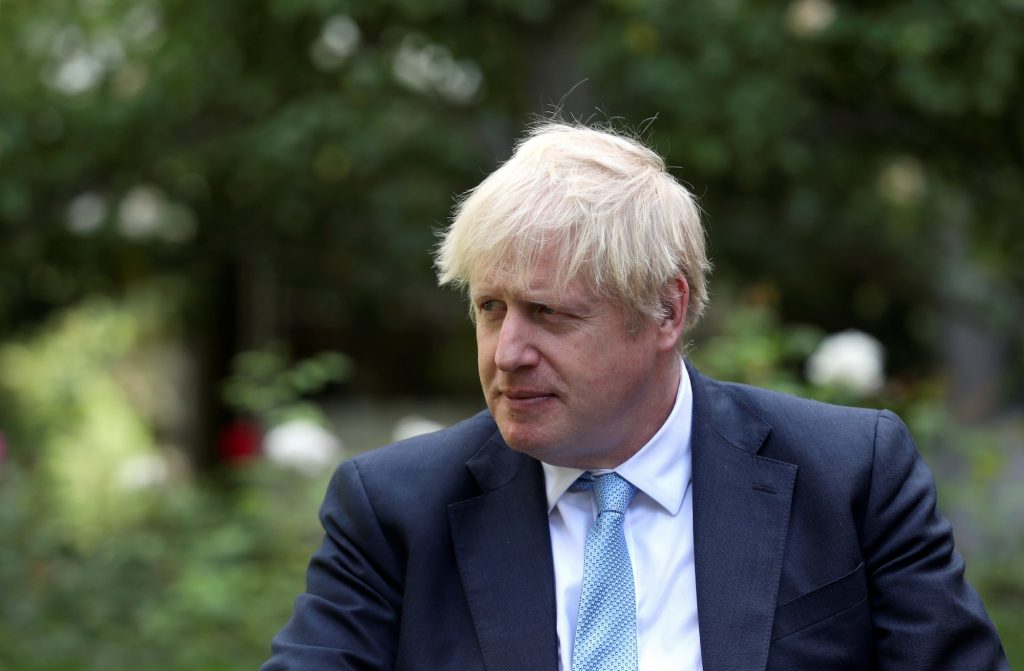
The British prime minister today, Boris Johnson, is as unlike the man who came to power in Britain in 1939 as two men could be. Johnson claims to revere Churchill and has written a book about him, but BoJo, as he’s now regularly called, is a clownish figure not unlike his chaos inducing similar number in the White House. Neither man has the fundamental character to master the jobs they hold let alone provide the steady, principled leadership that troubled times demand.
The erudite Edward Luce, a columnist for the Financial Times, summed up Johnson this week – he might have been talking about Donald Trump: “To anyone not paying attention, Boris Johnson is making it up as he goes along, which is precisely what he did as a journalist. He doesn’t have a clue how to govern. His prime ministership is tomorrow’s fish and chip paper.”
Johnson lost his first vote in Parliament this week and his petulant response was to effectively sack nearly two-dozen members of the Conservative Party, including Winston Churchill’s grandson, Nicholas Soames. The firing, reminiscent of Donald Trump’s constant need to punish any Republican who darns cross him, came 80 years to the day that Soames’s grandfather came back to the Admiralty. The irony is lost only on someone who has no appreciation of irony.
There is crisis afoot in the world’s two great democracies and the trouble starts, or at least is most sharply defined, at the top. The notion that character counts, that the mental and moral qualities necessary for true leadership are paramount, is missing from politics. Truth has taken a vacation.
Some of our fellow citizens apparently feel so despondent about the shape of things that they willingly turn governments over to turmoil makers like Donald and Boris, believing somehow that “leaders” who fuel their days with chaos and thrive on narcissistic self-interest are good for what ails us.
Those who forget history, as it’s said, are doomed to repeat it. The importance of character-driven leadership has rarely been more important, and that is an enduring lesson from September 1939. How quickly things can go to hell without principled leadership is another lesson.
And facts remain better than dreams.


